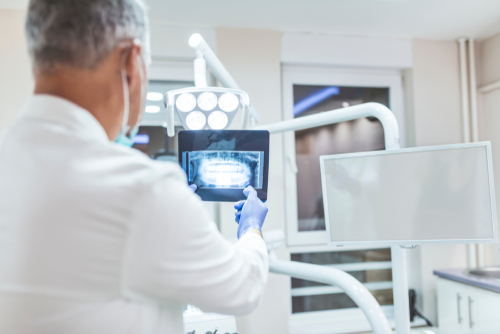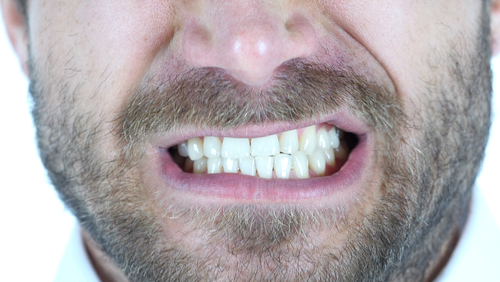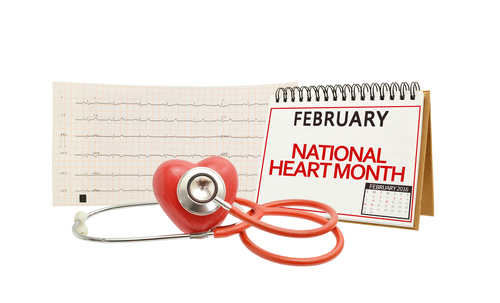
There are so many new questions and complications that can arise when you find out you’re expecting a little one. It’s such a beautiful time and moment in an expectant mother’s life, and we want you to be able to relax and enjoy all of the positive sides of pregnancy. Your Kettering dentist doesn’t want you to worry about taking care of your smile, no matter if you’re an existing patient or someone new who is looking for a dental family they can trust.
Let’s explore some of the dental-related questions or concerns some pregnant women seem to struggle with. We’ll show you how everything is going to be alright, no matter what your smile needs to stay healthy during pregnancy.
Helpful Tip #1 – Blame Your Hormones
One of the first things that happens when a pregnancy begins to develop is your hormones get all out of whack thanks to rising and falling levels of both estrogen and progesterone. In about half of all pregnant women, there’s a risk of developing something referred to as “pregnancy-related gingivitis”, according to the American Dental Association. It causes pain, swelling, tenderness, and excessive bleeding in your gums. Your dentist in Kettering can always take a look at your gums and bleeding to determine a plan of action. Sometimes we recommend more frequent cleanings, and sometimes the issue clears up on its own.
Helpful Tip #2 – Take Additional Steps to Protect Your Teeth from Acid Erosion
Sickness and vomiting during pregnancy are one of the most common side effects that most women tend to experience early on in their pregnancy. When you get sick, excess stomach acid can eat away at your tooth enamel leading to decay. Remember these helpful tips you can use at home to help protect your teeth from acid:
- Rinse with water – Swish some water around in your mouth following a bout of morning sickness to remove some of the acid from your teeth.
- Wait an hour – Wait at least an hour before brushing after you’re sick. Rinse with water in the meantime. The acid may weaken enamel, and brushing can scratch the enamel and lead to decay.
- Keep drinking water – The more water you drink, the lower the acidity level in your mouth will be.
- Smear on toothpaste – Putting a dollop of toothpaste on your finger and rubbing it on your teeth can further protect them against acid.
- Use a tongue scraper – After you get sick, if you take a tongue scraper across your tongue, you can successfully remove some of the acid that may stick around on the tongue and then transfer to the teeth.
Helpful Tip #3 – Don’t Ignore Your Oral and Overall Health Connection
You might have heard at our Kettering dental office about how closely your mouth is connected to the rest of your body. It can act as a mirror for underlying medical conditions present elsewhere in your body. This is why not one but three of some of the country’s most respected dental/medical organizations (the American Dental Association, the American Congress of Obstetricians and Gynecologists, and the American Academy of Pediatrics) encourage every mother to see the dentist, especially during the earlier phases and stages of your pregnancy. It’s important to address any issues early for improved health for you and your baby.
By now, you probably know how crucial it is to see your Kettering dentist throughout your pregnancy along with maintaining your brushing and flossing routine at home. No matter where you are in the course of your pregnancy, we hope you’ll give us a call to discuss any questions or concerns you may have about your smile health. We’ll be here to help you every step of the way on your beautiful pregnancy journey!
Garland & Johnson Dental has three dental offices in Middletown, Kettering, West Chester.


 Review Us
Review Us Review Us
Review Us







